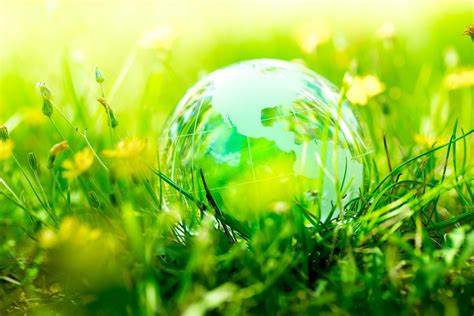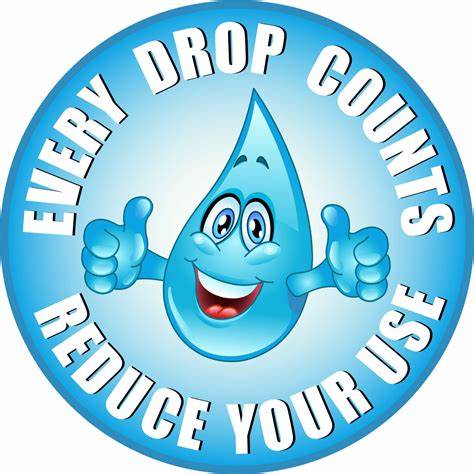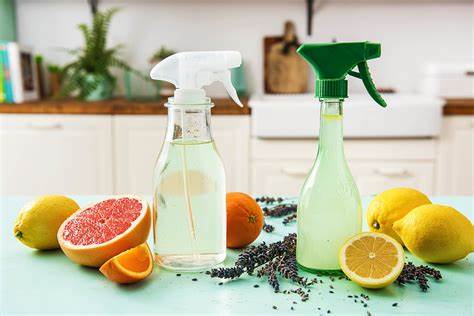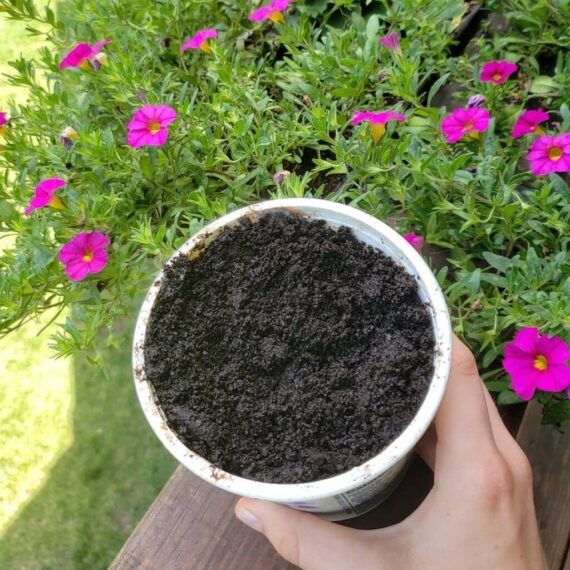22 Aug Help Save the Environment – Tips for Greener Living
It’s not just Tiny Housers that want to do all they can to live a more sustainable life. Whether you live Tiny or not, what can you do as an individual to live a greener life and make a difference?

Recycling is obvious and might already be a way of life for you, but what are some other ways to practice living green?
Save Water
According to the EPA, the average American family typically uses over 300 gallons of water every day. With climate change causing droughts across the nation and around the world, it’s critical to save water whenever you can. And while US drinking water is safe for most people, toxic runoff from agriculture, industrial pollution, fossil fuels, and degraded lead-pipe infrastructure has put thousands of communities at risk. Take care not to toss chemicals down your drain at home, to avoid polluting local water tables, and to conserve water whenever you can. Get a high-efficiency showerhead. A high-efficiency showerhead saves up to 3,000 gallons of water per person per year. That’s a lot. You’ll also save $50 in energy costs and 1,000 pounds of carbon dioxide per person per year. The showerheads are specially designed to conserve resources while still providing a luxurious-feeling shower. Sink-aerator attachments also save major amounts of water and are very inexpensive.

Improve the Efficiency of Your Existing Water Heater
Tankless and solar water heaters are great, but simple changes to your existing setup can cut your energy bills and carbon emissions by 25 percent or more. Reduce the temperature of your water heater to 120 degrees, wrap it in a water-heater insulating blanket and insulate the first 3 to 6 feet of hot and cold water pipes. These inexpensive changes should take you less than an hour to complete.
Compost
Use a compost bin to turn your food and lawn wastes into rich mulch.
Check out this blog about Composting NOAH RDI | One Man’s Trash is Another’s “Black Gold” Composting (noahcertified.org)
Don’t Run it Unless it’s Full
Make sure you run the dishwasher and the clothes washers only when they’re full. Clothes washers are huge energy and water users, so make sure you’re doing full loads (or adjusting the water setting) whenever possible. And most of us use far more water (and soap) than we need to when hand-washing dishes, especially when compared with high-efficiency Energy Star dishwashers. So save your time, water and power by putting those dishes directly in the dishwasher after a meal.
Unplug your charger when your phone, laptop or tablet is fully charged
When your phone is fully charged, unplug the charger to conserve power.
Insulate your home
Insulating your home properly can make heating much more efficient. Some local authorities offer insulation schemes so it is worthwhile to take the time to investigate whether you are eligible for free home insulation.
Lower your thermostat
Reducing the temperature on your heating system’s thermostat by a few degrees will, over the course of a year, reduce the amount of energy and money you spend on heating.
Say No to Plastic Grocery Bags
Plastic bags are wasteful to the environment. It is believed that 100 billion plastic shopping bags are used in America each year, and only 1-3% of worldwide plastic bags are recycled. This means a huge amount of waste, much of which ends up in the wild areas. You can read more worrying facts from Envirosax, but you can also help a great deal by using Earth friendly bags and recycle any old plastic bags you have lying around.

Consider other Reusable Items
There are lots and lots of options these days so consider the switch to Reusable Straws, Glass Food Storage, Reusable Water Bottles, Insulated Mugs.
Make Your Own Cleaning Products
Modern household cleaning products are expensive, and often damaging to the environment, so a great green alternative is to make some yourself. Safe and environmentally-friendly substitutes use ingredients such as baking soda, soap flakes, lemon, cornstarch and vinegar. It’s quick to find recipes for them on the internet; try EarthEasy for a helping hand.

Go Paper-less
If you want to go a step further you can choose to go paperless! You can receive all your bills and letters from banks, energy companies, and other service providers by email. And remember: don’t print off documents unless it’s absolutely vital. You can also help the process by recycling any paper you no longer need.
Coffee — it's not just for drinking anymore.
The next time you brew a cup of fresh coffee at home, don’t toss the used coffee grounds into the trash. First, spoon some warm grounds into your hands and mix it with your favorite hand soap, then scrub away. The grounds will exfoliate dead skin and the soap will render your hands squeaky clean. Also, plants love it! Scatter remaining grounds around your evergreen shrubs and trees — it’s an energizing fertilizer for them.

Teach Your Kids the Green Life
Get the kids outside! Taking your kids outside to enjoy nature will encourage them to protect it! If they spend all their time playing with toys or video games in the house, they will not understand what nature means. Donating outgrown clothes is a nice way to teach your children the importance of green living. At the same time, you teach them the power of kindness and helping those in need. It’s a win-win. Teach them to turn off lights when leaving a room. It’s a known fact that children are much better imitators than they are students. Adults do it, children see it. Recycled Arts & Crafts – If you have any trash that can’t go in your recycling bin, don’t throw it away. Instead, be creative and think about how you can reuse items in a craft activity. Plastic bottles can make a great rocket ship, for example.
Try the EPA Carbon Footprint Calculator
Think you can’t make a difference? All of our actions impact the environment. Each thing we do can help or hurt our planet in many ways. Even small changes made by individuals can add up to big changes for the environment.



Sorry, the comment form is closed at this time.